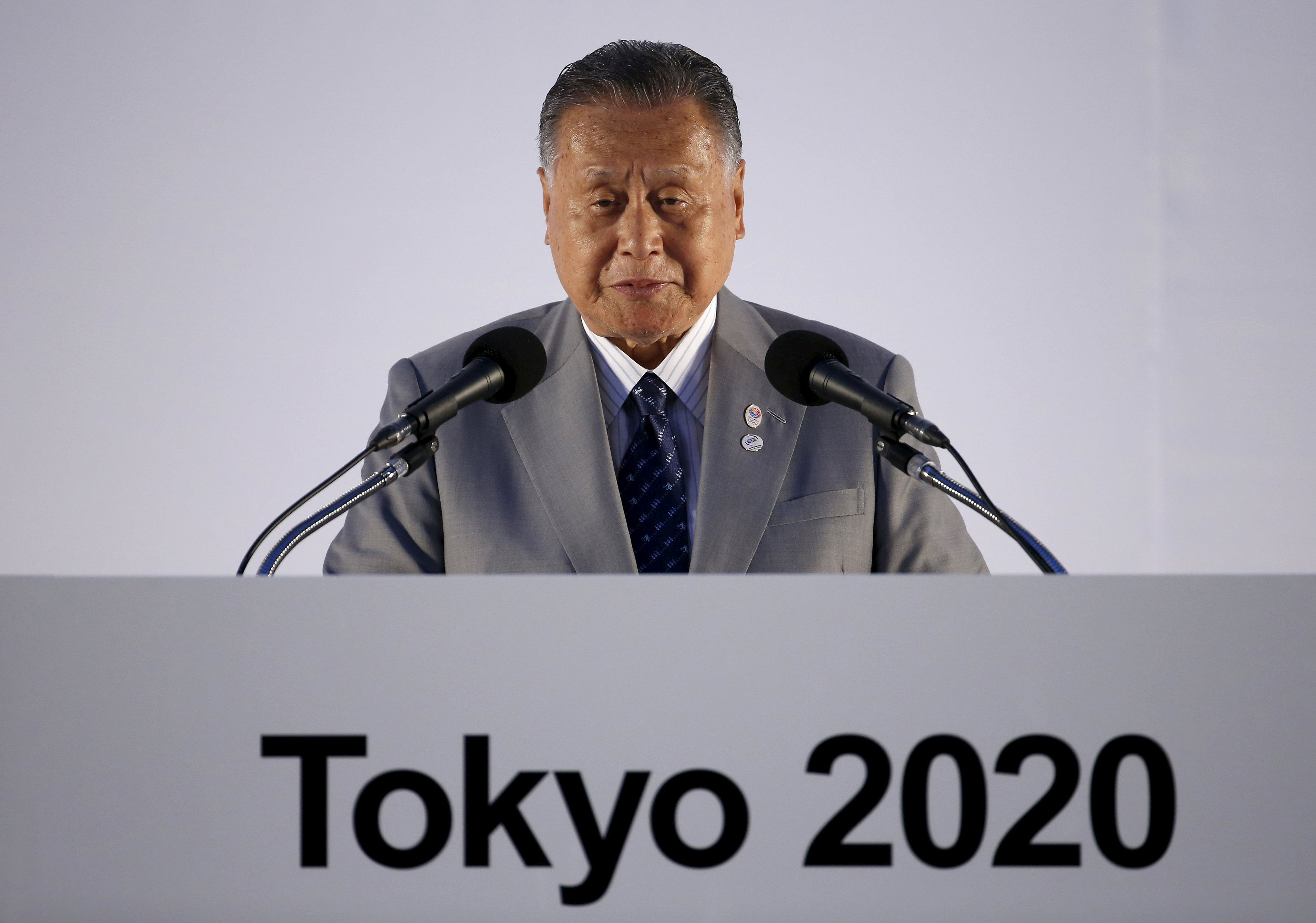Yoshiro Mori, former rugby player and prime minister, and current head of the 2020 Tokyo Olympics' organizing committee, is not a man of few words. When the current prime minister, Shinzo Abe, took it upon himself to discard the design for the new National Stadium because cost estimates had gotten out of hand, Mori quickly called a press conference to make it clear that the fiasco was not his fault and that he had been against the design in the first place. It lasted 90 minutes.
One reason it took so long is that he kept backtracking on earlier statements. Though he denied having anything to do with the selection of the design by U.K.-based architect Zaha Hadid, he also questioned why the plan had to be canceled. If you add up all the rest of the costs of the Olympics, he said, it will come to much more. Perhaps sensing that the press wasn't buying this as an excuse for anything, he clarified yet again, saying that Japan "cherishes" sports, so even if the games cost ¥400 billion — the amount Tokyo Gov. Yoichi Masuzoe figured they would cost in the end — "the stadium should be built."
The old National Stadium has already been razed, so unless the associated entities decide to leave a big hole in the middle of Tokyo and use an existing venue for the main Olympic stadium, they're going to have to build something. And one thing we know about big holes in Tokyo is that they don't remain holes for long. The major construction companies have enjoyed a windfall since "Abenomics" reversed the "less public works" policies of former Prime Minister Junichiro Koizumi and then the Democratic Party of Japan, and Tokyo is the only place in the country where grand construction projects still make any practical sense.



















With your current subscription plan you can comment on stories. However, before writing your first comment, please create a display name in the Profile section of your subscriber account page.